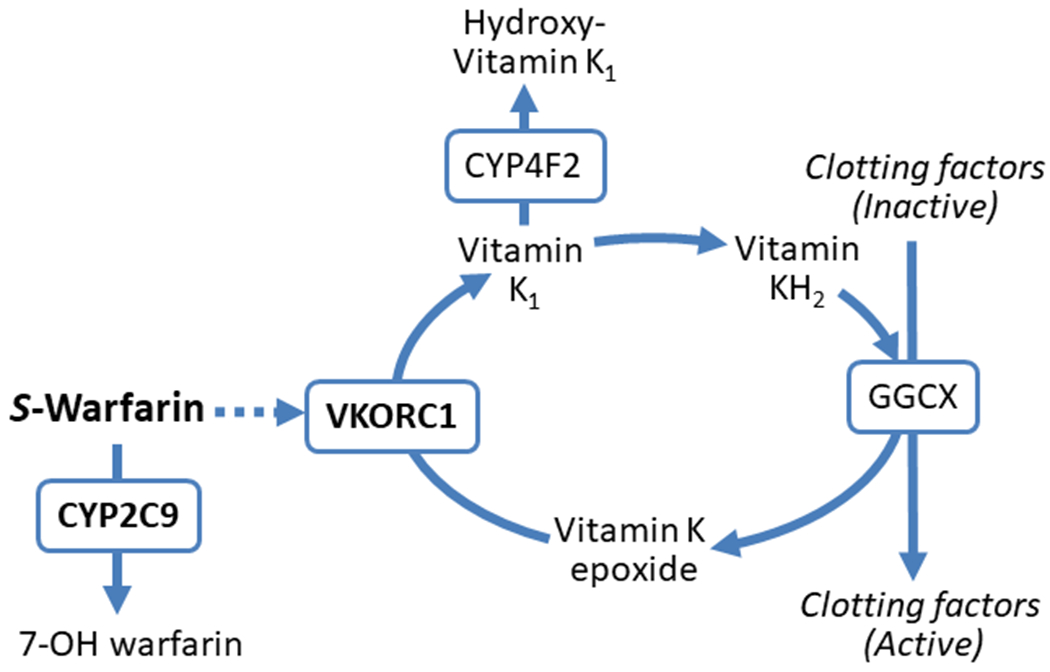Fig. 3 |. Sites of action for pharmacogenes involved in the response to warfarin.

The more potent S-enantiomer of warfarin is metabolized by the cytochrome P450 (CYP) 2C9 enzyme to the inactive 7-OH warfarin protein. Warfarin exerts its anticoagulation effects by inhibiting vitamin K oxidoreductase complex 1 (VKORC1), thereby preventing reduction of vitamin K epoxide to vitamin K1, which is subsequently reduced to vitamin KH2, a necessary cofactor for γ-carboxylation and activation of clotting factors II, VII, IX and X. The CYP4F2 enzyme metabolizes vitamin K1 to an inactive hydroxyl-vitamin K1 metabolite so that less is available for reduction to vitamin KH2. Polymorphisms in the genes encoding the CYP2C9, VKORC1 and CYP4F2 proteins can affect warfarin metabolism, sensitivity to warfarin and vitamin K availability, respectively, thereby influencing warfarin dose requirements and bleeding risk. GGCX, γ-glutamyl carboxylase.
